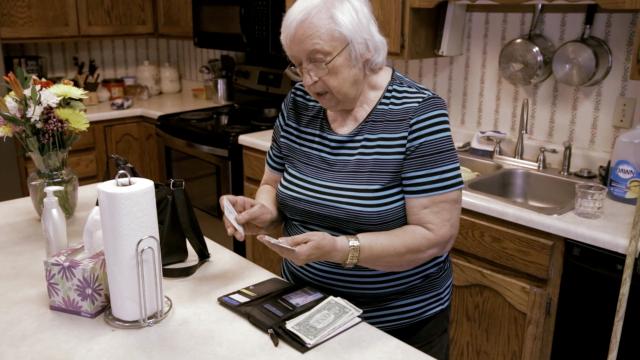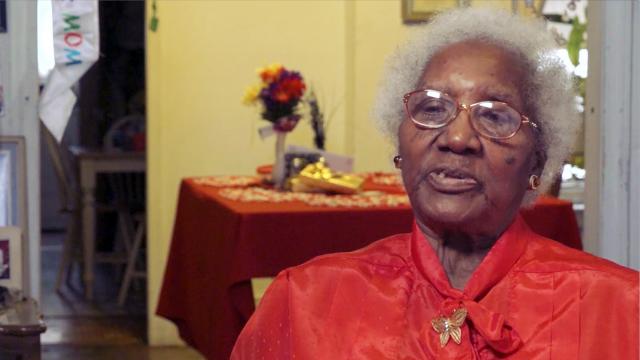Share What You Know. Stop Scams.
Chances are good that someone you know has been scammed. They may not talk about it, but the statistics do.
The truth is that sharing what you know can help protect someone who you know from a scam.
Download and order materials to pass on
Materials to Pass On
Impersonator Scams
Someone calls to ask for money. Are they who they say they are?
Featured Videos
Connect to services for older adults, caregivers, and families at Eldercare Locator.
From Consumer Alerts
Consumer Alert
Think that text message is from USPS? It could be a scam
Have you ever gotten a text message about a package coming via the United States Postal Service? Maybe it confirmed your order, said a package is out for delivery, or said there’s a problem like unpaid postage, a missed delivery, or you need to update your shipping preferences. That text message will say to click a link to learn more or fix the problem. But there’s a good chance that text message that says it’s from USPS (or FedEx…or DHL…) is really from a scammer.
Consumer Alert
Is that unexpected text a scam?
Did you know that people almost always open text messages? In a new Data Spotlight about the big jump in reported fraud losses involving text scams, the FTC notes a study finding open rates can be as high as 98%. Those are really good odds for a scammer. And when scammers get you to respond to their messages, they’re cashing in. Here’s how you can increase your chances of keeping your money safe.
Consumer Alert
Getting the word out about FTC imposter scams
Using old tactics and new twists, scammers are impersonating government agencies, including the FTC, to try to steal people’s personal information and money. The FTC is committed to combatting these imposter scams, and there’s encouraging news these efforts are making a difference to American consumers.
Consumer Alert
Sign over a portion of your VA benefits? Nope, that’s a scam
Whether you served for four, ten, or twenty years, veterans pension and disability benefits might be an important — often essential — part of your life after the military. That’s why scammers call, email, or message to “help” you apply for them. But what they’re really after is your money. These “advisors” make promises they can’t keep and charge filing fees for services that are always free through the Department of Veterans Affairs (VA). Spot scams during the VA benefits claims process to avoid them.


















